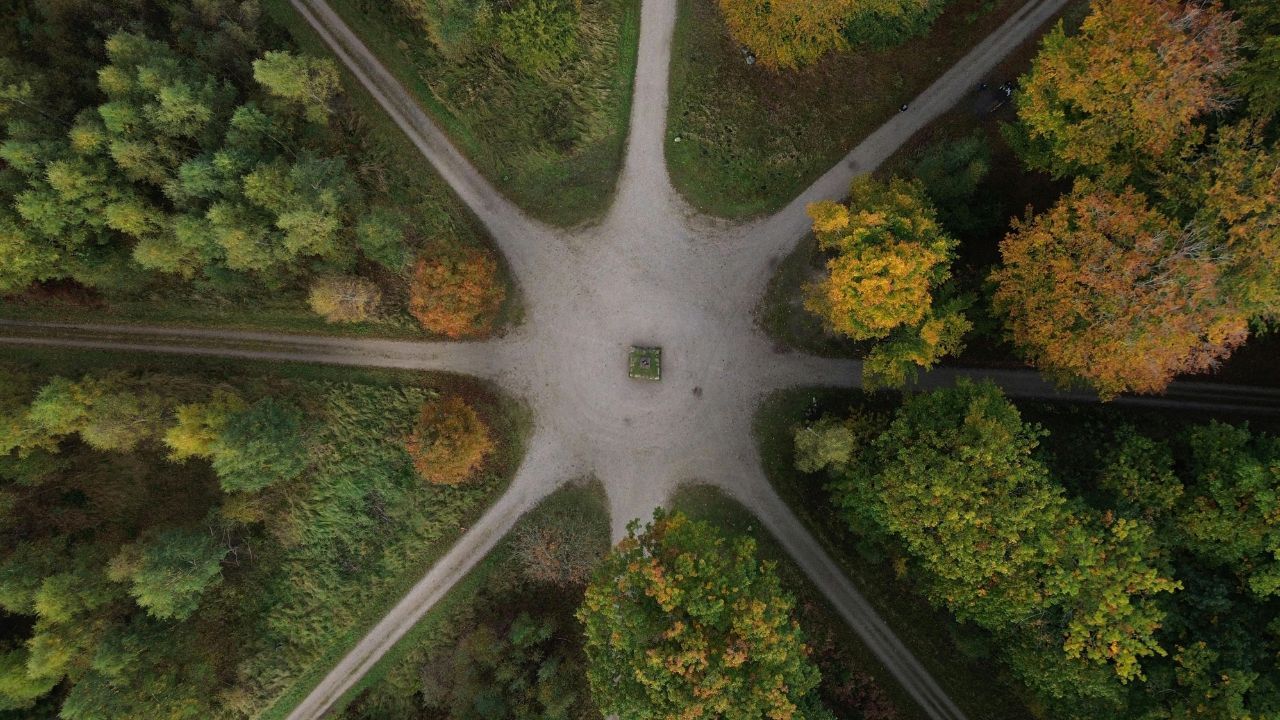The many paths that lead us inward
Jul 15, 2025
In the quiet moments between the noise of daily life, often a seemingly simple, but actually quite difficult to answer question arises:
What is really going on inside me?
This question transcends time, culture, and profession. It has been whispered in monasteries and therapy rooms, pondered in yoga studios and clinical consultations. Regardless of the language used, be it mindfulness, self-inquiry, reflection, or emotional regulation, it points to the same innate human drive: the desire to understand ourselves more deeply and relate to the world more wisely.
As a doctor, meditation teacher, and educator in wellbeing and mental health, I’ve spent years exploring both ancient traditions and modern psychological frameworks. Though these approaches might differ in vocabulary or method, they converge around a shared truth: self-reflection is not only timeless- it’s transformative.
Ancient Traditions, Shared Intentions
Whether it’s a monk sitting in stillness, a Stoic contemplating virtue, a therapist supporting a client in identifying patterns, or a coach guiding someone through journaling, these are all contemplative acts. These moments of inward attention remind us that reflection is not exclusive to one culture, religion, or profession. In fact, it is the common thread running through the vast tapestry of human healing traditions.
The Eightfold Path of Buddhism, the writings of Marcus Aurelius, the embodied wisdom of yoga, and the poetic devotion of Sufism all point to the same inner terrain. Even within Christian mysticism, Indigenous healing, and the early developments of psychology, we see a reverence for the inward gaze, a belief that by knowing ourselves, we become better equipped to live with integrity, clarity, and compassion.
These aren’t just spiritual ideals. They’re psychological technologies, tools developed across centuries to help us understand our suffering, make peace with it, and cultivate wellbeing.
The Psychological Mirror
Modern psychological approaches continue this lineage in their own way. Psychoanalysis gave us language for our unconscious. Cognitive Behavioural Therapy (CBT) offered structure for challenging unhelpful beliefs. Internal Family Systems (IFS) invites us into compassionate dialogue with our inner parts. Somatic therapies reconnect us with the body's wisdom. And coaching psychology uses presence and values-based reflection to activate change.
Across these models, one central skill is repeated: noticing.
Noticing our thoughts.
Noticing our emotions.
Noticing our physical sensations, our memories, our urges.
Noticing the space between a stimulus and our response.
Noticing the tone we use when we speak to ourselves.
This act of noticing- done with curiosity and kindness- is the seed of transformation.
One Practice, Many Forms
Reflection doesn't require hours of meditation or a PhD in psychology. It might look like:
- Pausing before reacting to someone in frustration.
- Writing down your thoughts during a coaching session.
- Observing a recurring pattern in therapy.
- Feeling a knot in your chest and choosing to breathe into it.
- Sitting in silence for three minutes before your day begins.
These are not small acts. They are radical gestures of self-compassion in a world that so often pushes us to be busy, reactive, and externally focused.
They remind us that self-awareness is a practice, not a personality trait. And that coming home to ourselves is not a one-time event, it’s a lifelong journey.
A Tapestry of Inner Wisdom
To trace the history of psychological and contemplative traditions is to see how interconnected they truly are. What once appeared as separate schools of thought now seem more like dialects of the same deep language, one spoken by mystics and neuroscientists alike.
From early Buddhist teachings on suffering, to Stoic emphasis on perception, to somatic therapies reconnecting body and mind, each tradition offers a lens into the same truth:
Self-understanding is the foundation of wellbeing.
The richness and diversity of these traditions don’t dilute their message; they strengthen it.
They show us that no matter how we arrive, whether through prayer or psychology, breathwork or behaviour change, the goal remains the same: to see ourselves clearly and relate to the world from a place of inner alignment.
The Invitation
You don’t need to choose just one path. You don’t need to meditate for an hour each day or read every psychology book on the shelf.
You only need to pause.
To listen.
To ask yourself- gently and honestly- “What’s happening in me right now?”
And in that moment, you are engaging in the same ancient, sacred act that has guided seekers, scholars, and healers across millennia.
Because ultimately, all these paths, whether drawn from ancient scripture or modern science, lead us inward.
And that’s where the real work begins.
Ready to reconnect with your body and rediscover calm?
If this resonated with you and you’re curious about working together, I offer compassionate, evidence-based support that integrates mindfulness with coaching and self compassion. Click here to learn more about working with me.

Stay connected with news and updates!
Join the mailing list to receive the latest blogs, news and updates.
Don't worry, your information will not be shared.
We hate SPAM. We will never sell your information, for any reason.

